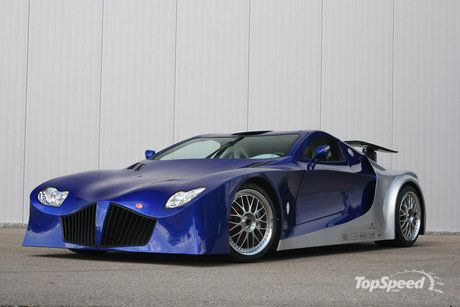Auto Motor und Sport quote Ross Brawn saying he expects the customer teams will be disadvantaged next season because the 2014 power packs will be bulkier than the 2013 versions, and they are
not customer-configurable. I've not been able to find the referenced rule in the TR but the article states the customer is forbidden modifying the power unit in any way, except the exhaust. And the contract with the engine builder forbids them modifying that, because you can't modify the exhaust system without affecting performance characteristics. The disadvantage comes from the fact that constructors get to configure engine, gearbox and ERS to suit their own chassis, but customers will have to design their chassis around the engine exactly as supplied.
Also quoted at ESPN, Ross Brawn speaks in a string of ambiguities and couched phrases, artfully dodging the contention that the 2014 season will be a fuel economy contest. In fact, the article is titled, "
Brawn allays 2014 fuel fears." However, the only concrete statement he makes is, "...
In qualifying you'll be controlled by the fuel flow rate and in the race you'll be controlled by the overall fuel amount...."
I have to admit my English comprehension isn't the best but the only take-away I can find in "...
in the race you'll be controlled by the overall fuel amount...." is an admission that 2014
will be a fuel economy contest.
How that could be coloured as allaying 2014 fuel fears is beyond me.

